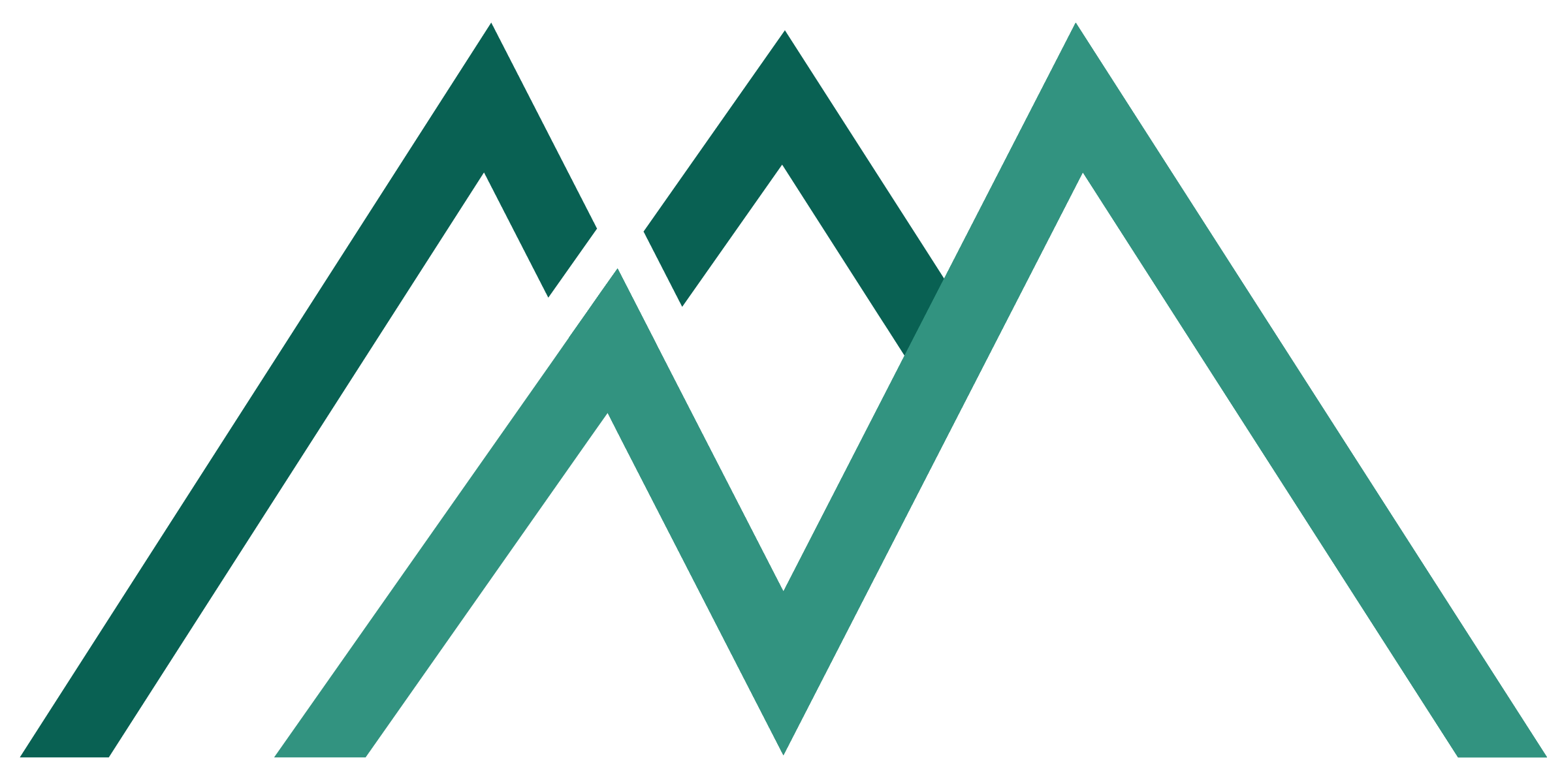Today is a special day! Here is the first episode of a new podcast, taking our standard content into a new form of media.
This episode is about the concept of Deep Work – what it is and how you can achieve it. You can get your own copy of the book on Amazon here (Affiliate link).
Transcript
Hello, hello, and welcome to The Minimal Minds Podcast, episode one. I am your host, Alex. Thank you so much for tuning in wherever you are today. Appreciate you. Today’s topic is all about the concept of deep work. Taking information from the book that is also named Deep Work by the author Cal Newport.
Great book. Please buy it, please read it. I’m going to be talking about what deep work is, and why it’s important, and tips you can use in order to maximize the likelihood of you achieving deep work. But first, as it is episode one, I should tell you what this podcast is going to be about. It’s going to be about self development, minimalism, frugality, uh, pretty much anything that can help improve your life, really.
I really, really enjoy reading self help books. I just love it. I love it so much. Give me more. Inject into my veins, please. With that being said, a lot of people enjoy books like that, but they just don’t have the time to read. So, I would like to be the middleman in that department of just reading stuff for you, I suppose.
Then… Getting all the key information, condensing it, and just talking into a microphone so you can listen to me whenever you like. Okay, so now we’ve got that out of the way. Let’s get into the topic of the show. If you remember, it was about Deep Work. So, the author of this book that I am talking about today, Cal Newport, he describes Deep Work as Professional activities performed in a state of distraction-free concentration that push your cognitive capabilities to their limit.
These efforts create a new value, improve your skill, and are hard to replicate. So basically doing hard things in a continuous state of concentration. Makes sense, right? And then on the opposite side of the spectrum, you have something called shallow work, which is non-cognitively demanding logistical style tasks, which you can do while distracted.
So think filling in a spreadsheet, checking your email, listening to a podcast while you’re cooking, anything that you don’t really have to think about while you’re doing it, I suppose. Now with those two types of work in mind, the book argues that deep work is now getting more and more valuable due to the fact that simpler jobs that are more laborious and easier to do are just continuously getting replaced with software and machines.
So the jobs that remain all require a deeper level of thinking, i. e. He then goes on to say that there are three types of people, specifically, who are going to thrive in this economy that we’re experiencing. So the first one are those who can work with intelligent machines, those machines being computers, the things taking the jobs.
Uh, number two, It is those who already have capital or have access to it. And number three are superstars in their field of work. So people who are exceptional at what they do. So your options are basically, Be a programmer. Or, Be rich. Or, Be really good at what you do. So in order to be really good at what you do, There are two abilities specifically that Deep Work can help you achieve.
First one is the ability to quickly master hard things. And the second one is the ability to produce at an elite level in terms of quality and in terms of speed. Now at this point, I want you to do a bit of reflection. I want you to think about the last time when you were in the state of Deep Work. So the state of being really, really Deeply concentrating on something to the point where like you just kind of lose yourself in it.
It’s like a state of flow I suppose is another word for it and if you’re like most people then that is a very very rare occurrence the natural opposite of Deep work is a state of being distracted. So Think about how distracting our world is today. Like, how long can you realistically go in a day without being distracted by something?
There are so many things begging for your attention. All day. Whether it be your phone, or just like, adverts on the street, on TV. Uh, people calling you, texting you. I never experienced that, but you know. And because so many people are in this perpetual state of just constant distraction, it’s making it really difficult to find people who are capable of going into that deep level of work and just concentration.
And that means that their value is going up to society. You could say. So, if you’re trying to start out with trying to incorporate this into your life, Cal Newport says that there are three philosophies to deep work when you’re starting out. Now, the first one is called monastic, which means isolating yourself for long periods of time without any distractions at all.
So, living in complete isolation for a week or whatever. Like think going to a cabin in the middle of the woods with no service or internet or whatever. I think Bill Gates does this, I’m pretty sure. But this may not be realistic. So if you have kids or pets or adult things that you need to do, uh, this might just not work for you and that’s fine.
bimodal. Which is where you reserve a few consecutive days to work like a monastic, ideally at least one day a week. So when you dedicate a day just for deep work, and the final one is called rhythmic, which means you take three to four hours every day to perform your work. I suggest personally doing this in the early morning.
So he goes on in the book and says that if you’re not used to working deeply, you probably about have like An hour in you in terms of capability and then the pros can go up to like four hours per day Of really intense deep work, and then, that’s kind of like the limit. So, I suggest doing it really early in the morning, when there’s just less distractions, by default.
And then you’re ahead, by the time it’s like, 8 o’clock? 9 o’clock? Yeah, recommend doing that. Okay, so we’ve gone through what deep work is, and why it’s important, why it’s valuable. So now I’m going to give you some tips on how to do it, how to implement it. So number one is scheduling your day. You want to schedule blocks of time for you to dedicate yourself to the work and you should always overestimate how long it’s going to take you to do something because normally it’s never quicker than you think.
And realistically, if you don’t have a plan for your day, you kind of just settle for like What’s easiest and the easiest isn’t to do hard stuff and you’ll end up filling your time with just shallow work Which is not very useful. So Schedule blocks of time and then do it Okay, tip two is make sure your environment is distraction free ie turn your phone off When you’re doing it Science says I think I actually said this in the book.
I can’t really speak on behalf of all the science but Apparently, it takes 20 to 30 minutes to get back into the flow state once you’ve been distracted. So, as we spoke about earlier, there are so many distractions, you want to kind of tailor your environment so that it’s distraction free. Ideally, go to a library.
Uh, like, I think working from home is great, but I’ll probably get less work done because home is where I relax and not where I work. Does that make sense? Maybe that’s just me. Okay, tip number three is learn to embrace boredom. So, we crave distractions in order to relieve boredom. If you don’t give in to the urge of the distraction, your mind will just naturally coalesce back into the state of concentration again.
If you don’t give it anything, if you don’t give it anything to feed on, it’s got no choice but to do the hard thing. Like, it would rather do the hard thing than nothing at all, because it’s just craving something, craving something different. Um, maybe just like… Start it up, walk around a little bit if you get bored.
Don’t go into like the YouTube rabbit hole, internet rabbit hole of stuff. Don’t do it, because you’ll waste three hours of your life and you’ll never get back. Tip number four for you is quit social media. A bit controversial, I know. Consider what social media is. It’s a platform designed to distract you.
And to take up as much of your attention. As it possibly can and you have to kind of consider whether these platforms are actually adding to your life or Overall, they kind of take away like Facebook for example has numerous benefits It is great at connecting people that is what it’s for but do the advantages Actually outweigh the cons for you as a person in terms of your time and your happiness and your attention And if you really think about it, probably not.
So quit it. Stop it. Get rid of it. You don’t need it. Tip number five. My final tip for you is. Take time to switch off and recharge. So, when you’re in a state of deep work, you have to consider that it is not sustainable. Like, you can’t do that consistently all day. It’s just, it’s just not possible. Like, it’s the same with sprinting.
If you’re sprinting, You can’t sprint every day. You can sprint like once a week, but if you’re sprinting every day, then you’re not actually sprinting. You probably have more in you, if that makes sense. So, you need to take time off to mentally just recharge yourself. Like, at the end of the day, I highly recommend leaving work at work and coming home, and just doing what you want to do.
Just forget about it. Like, you will perform better. If you spend less time working, if that makes sense, that’s a, that’s a broad generalization, but if you do work at work, and do what you want at home, and don’t take work with you home, you will just perform better, because you’ll be better rested. And, it sounds like it should go without saying, really, but People don’t do it.
You know what I mean? So please consider that. Okay, so that’s all my tips for you I hope you enjoyed this podcast. How are we doing for time? Wow, I thought a lot longer went this would be so much easier with a guest So, I don’t know how often these are gonna come out ideally once a week, but I am very lax with my scheduling on this website I’m sure you have noticed by now if you are following me.
Anyways, hope you enjoyed the show. I will see you On episode two.




